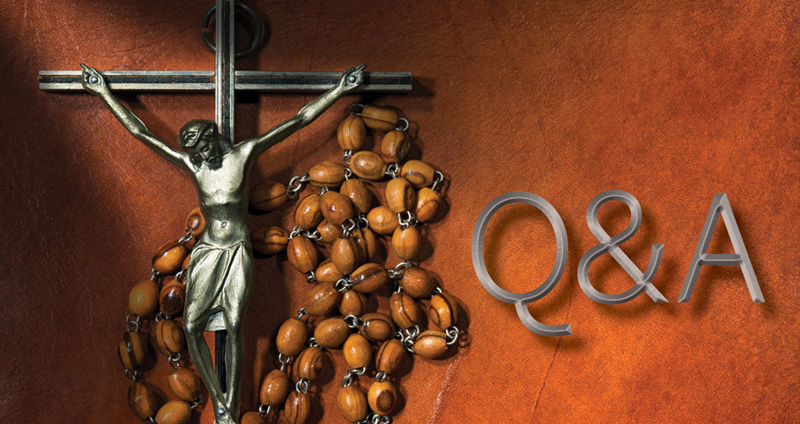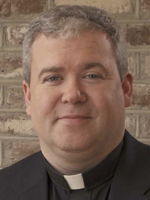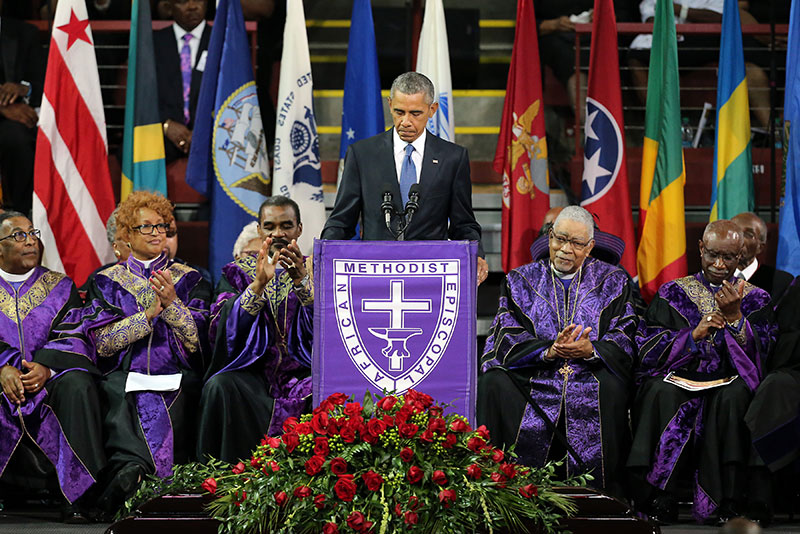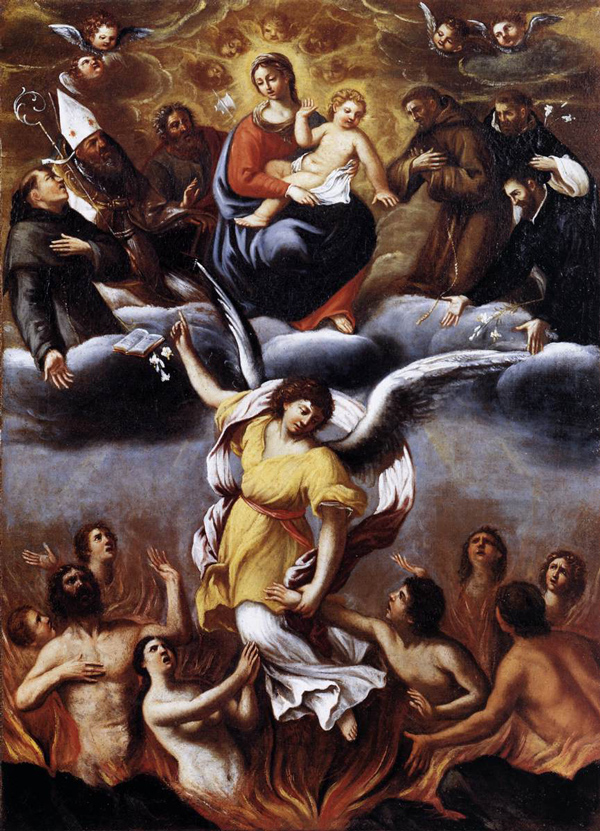
Q: I wish to be cremated. How is this handled? Since I won’t have a casket to be blessed, do you bring the urn with the ashes to Mass? (Summerville, SC)
A: The Mass of Christian Burial, the “Funeral Mass,” is a very important part of the Church’s intercession for the deceased person. The Mass is offered for the person and its merits are applied towards the repose of the person’s soul. In praying for the dead, the Church has always preferred burial but allows for cremation.
If a person is going to be cremated, it’s requested that the cremation happen after the Mass so the body can be present.
The Church realizes that many times this is not possible for financial or logistical reasons, and in such cases, it allows just the urn with the ashes to be brought to the church for the funeral Mass. Oftentimes, in such scenarios, the urn is placed near the altar during the liturgy.
While talking about cremation, it should be stressed that a person’s ashes, the “cremains,” must be buried or placed in a columbarium. Keeping ashes in one’s private home, or sprinkling ashes over water or in some other location, or using the ashes for jewelry is strongly prohibited since the remains of a person must be respected and therefore placed together on blessed ground.
Q: I’ve wondered whether people who have mental disabilities, like children who are severely handicapped and unaware of their surroundings, could go to purgatory? (Clemson, SC)
A: We know that purgatory is a state after death in which the Lord purifies souls of venial sins and temporal punishment and prepares them for heaven. Many souls benefit from this purgation as they pass from this life to the next.
In terms of people with mental disabilities, the answer to your question is determined by how capable they are of sinning. In order for an act to be sinful, a person has to willingly choose to do it.
If someone is not mentally able to give consent to an action, then they bear no guilt for it. If someone does not carry sin or its guilt, then purgatory would not be necessary.
Incidentally, it is precisely this line of thought that led several of our spiritual traditions to associate mental disability with a closeness to God. Since people with mental disabilities could not carry the guilt of sin, it was considered a gift and a special intimacy with God.
This honoring of people with mental disabilities is something our contemporary age should remember. Such an approach could guide Western culture, which is sometimes overly willing to dismiss people with mental disabilities or wage ware against them in terms of their dignity, care, and place in society.
Father Jeffrey Kirby is administrator of St. Joseph Church in Chester and Our Lady of Grace Church in Lancaster. Email him your questions at askfrkirby@gmail.com.




